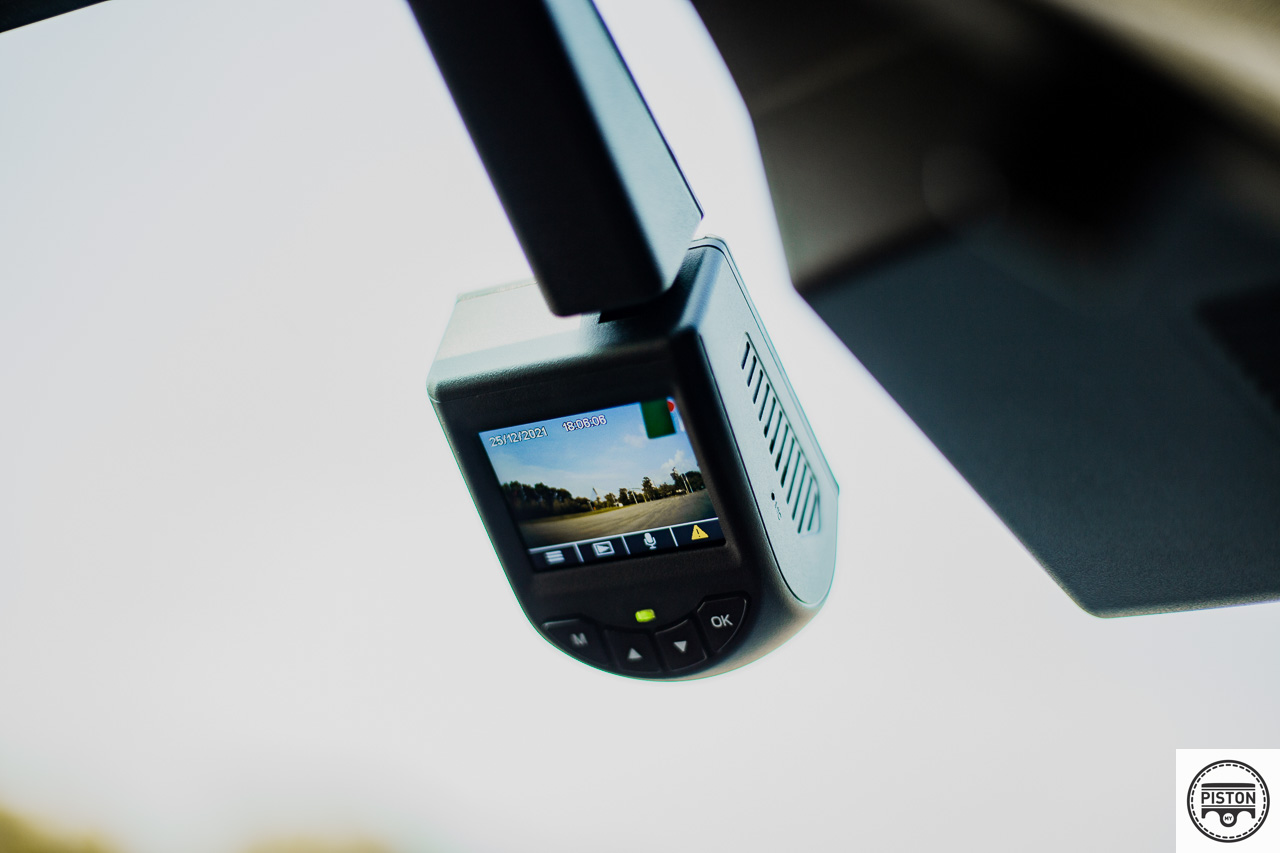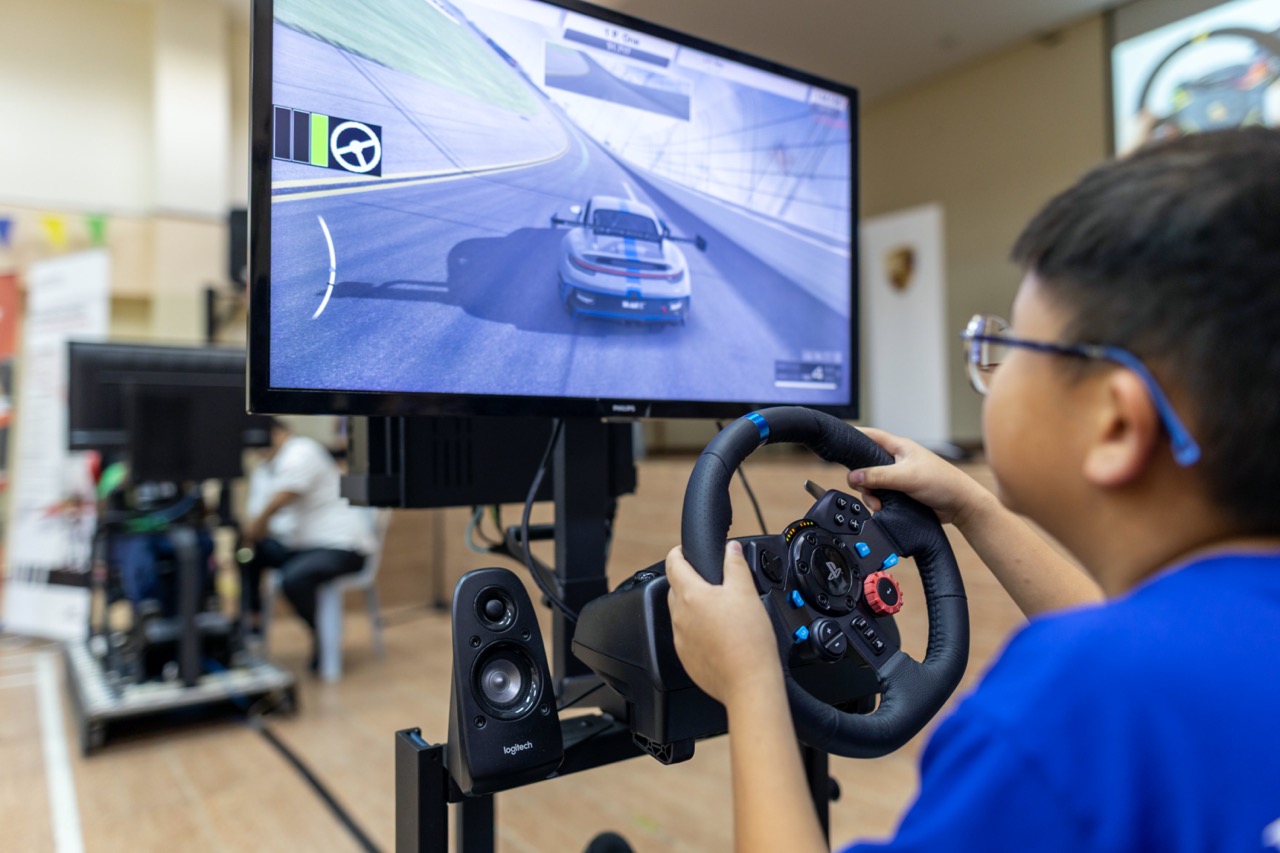Dashcams, widely recognized for their role in enhancing personal safety and providing vital evidence in disputes, are now stepping into a transformative role in improving global mapping systems. Their growing popularity has caught the attention of organizations like the Malaysian Institute of Road Safety Research (MIROS), which has begun rating top-performing devices to cater to a range of users, from budget-conscious buyers to those seeking premium features.
In an innovative development, Google Maps has initiated a collaboration with dashcam manufacturers to leverage recorded video data for updating and refining its mapping systems. This partnership involves a seamless integration where user-recorded dashcam videos are analyzed to enhance the accuracy of Google Maps.
How It Works
The process employs advanced artificial intelligence (AI) to analyze short, silent video clips uploaded from dashcams. Key details are extracted to update map information, including:
- Changes in road sizes or layouts.
- Newly installed road signs and speed limits.
- Additions of new routes or highways.
To ensure ethical usage, Google enforces stringent privacy policies. All video data is processed exclusively for updating Google Maps and remains entirely confidential. User anonymity is preserved, and footage that could lead to individual identification is excluded. Only public road footage is used, specifically targeting areas that require map updates, leaving private and sensitive locations untouched.
Benefits of the Initiative
This integration of dashcam data into Google Maps brings substantial advantages for users:
- Up-to-Date Maps: Maps are enriched with real-time data, reflecting the latest road conditions, traffic changes, and infrastructure updates.
- Enhanced Navigation: Drivers benefit from more accurate routes, including new shortcuts and alternatives that might otherwise take time to be incorporated.
- Improved Safety: Timely updates on speed limits and road signage help users drive more safely and confidently.
The Future of Dashcam Technology
This pioneering collaboration underscores the evolving role of dashcams in public services. No longer limited to personal safety, they are becoming integral to building smarter, more connected transportation systems. As this initiative matures, users can anticipate even more precise navigation tools and a continually improving driving experience—all while maintaining robust privacy protections and user control over personal data.
Dashcams are redefining their purpose, transitioning from a simple safety device to a critical component of global navigation and mapping infrastructure, ensuring smarter and safer journeys for all.





















